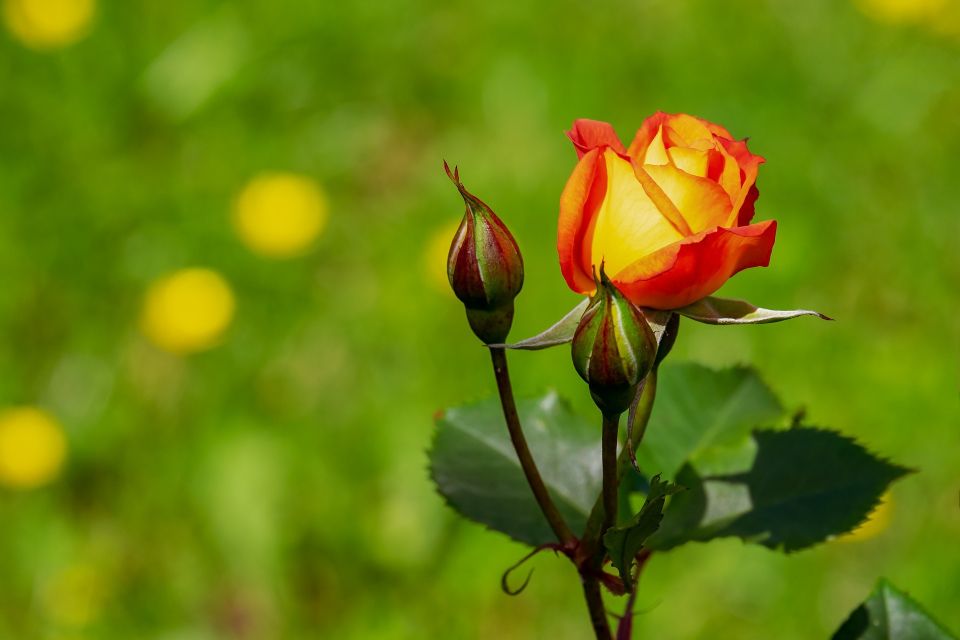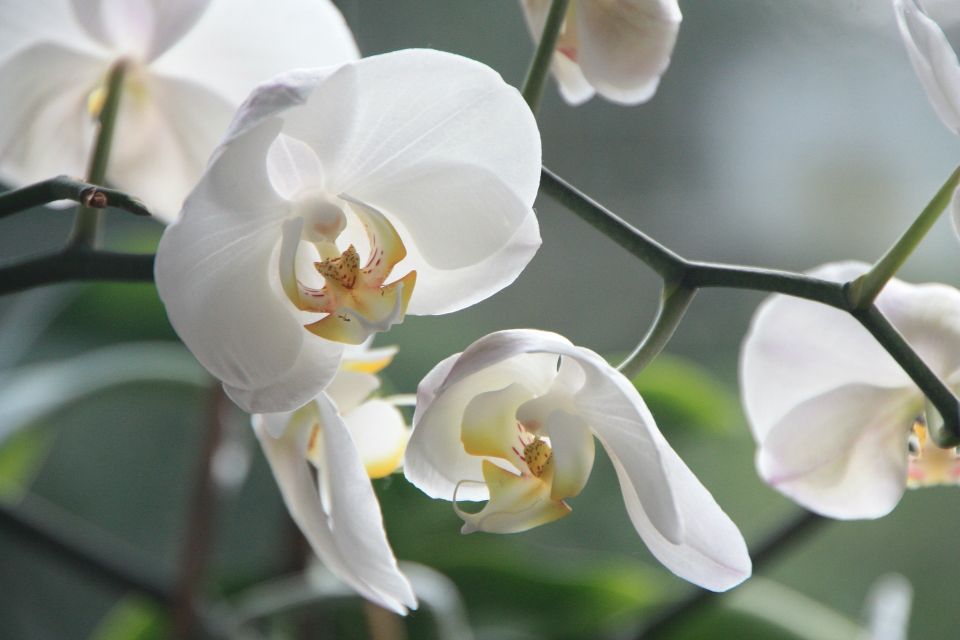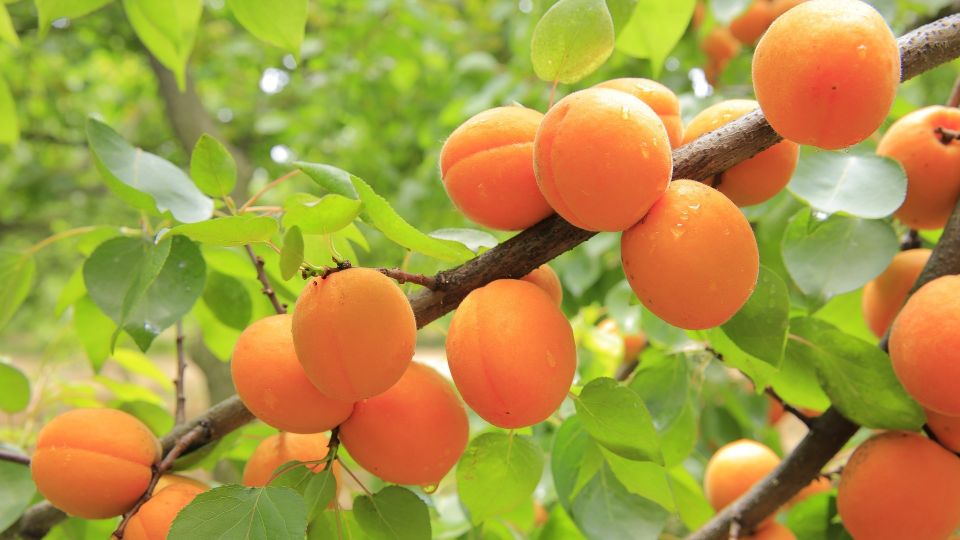Worm Castings Plant Care
Worm Castings are a natural slow release soil builder.
That's because the microbes, occurring naturally in the worm bed, are available to the plant much faster.
As an all natural enhancer it is safer to use to avoid burning from excess chemical fertilizers.
See what Worm Castings can do for your plants:
That's because the microbes, occurring naturally in the worm bed, are available to the plant much faster.
As an all natural enhancer it is safer to use to avoid burning from excess chemical fertilizers.
See what Worm Castings can do for your plants:




